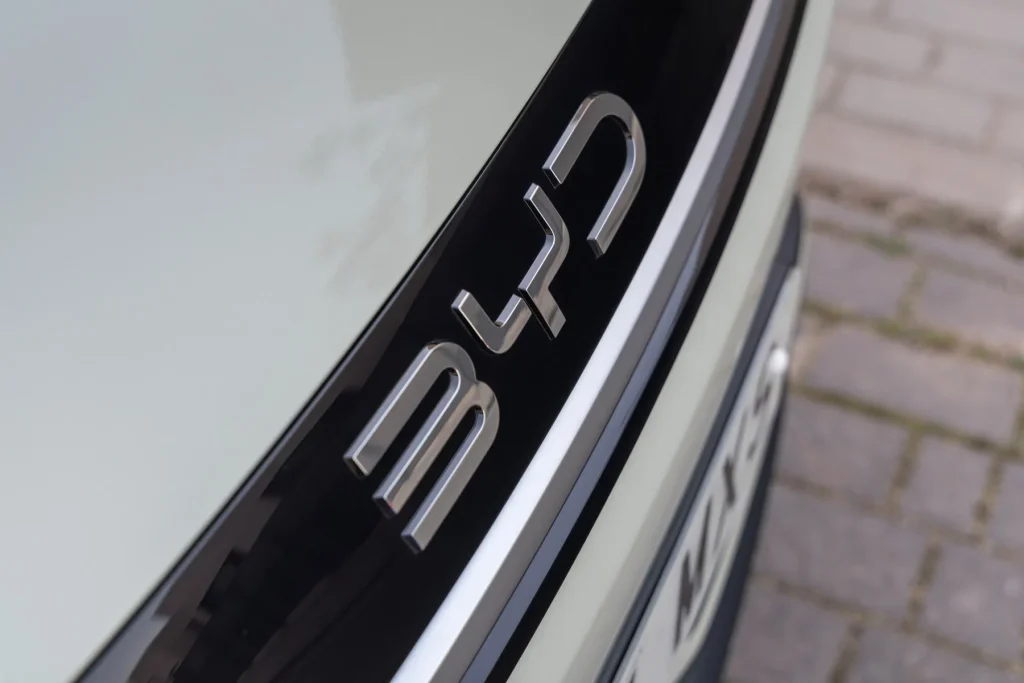India is maintaining its restrictions on investment proposals from Chinese automakers, including BYD Co., with Commerce Minister Piyush Goyal signaling that New Delhi remains cautious about approving foreign investments that may affect strategic interests.
“India has to be cautious about its strategic interests [and] who we allow to invest,” Goyal said during an interview with Bloomberg Television at the India Global Forum in Mumbai. “As of now, it is a no,” he added, referring specifically to BYD, China’s largest electric vehicle manufacturer.
See also: Tesla Seeks Regulatory Approval for Model 3, Model Y in India Amid Launch Speculation
India last year rejected a $1 billion joint venture proposal between BYD and local conglomerate Megha Engineering. The rejection comes amid broader regulatory measures that require government approval for investments originating from countries sharing land borders with India. Similar scrutiny led to China’s Great Wall Motor Co. withdrawing its plans to enter the Indian market.
Officials familiar with the matter have cited concerns over the opaque ownership structures of certain Chinese firms, along with perceived links to the Chinese state and military. Additional apprehensions relate to market-distorting practices such as industrial subsidies and debt relief, which India argues may give Chinese firms an unfair advantage.
See also: India Considers EV Tariff Cuts for U.S. Imports Amid Trade Tensions
While investment from Chinese automotive firms remains restricted, U.S. carmaker Tesla is advancing its presence in India. The company recently conducted a hiring event in Mumbai and has secured retail spaces in both Mumbai and Delhi. In March, Tesla began the certification and homologation process for its Model 3 and Model Y vehicles to comply with Indian road safety standards under the Central Motor Vehicle Rules.
Tesla is also exploring local partnerships, including discussions with the Tata Group to establish a domestic supply chain. The collaboration may involve the manufacturing of components such as castings, forgings, electronics, and fabricated parts, according to people familiar with the talks.
See also: Tata Passenger Electric Mobility to Expand India’s Charging Network to 400,000 by 2027
The contrasting paths of BYD and Tesla reflect India’s cautious approach to foreign investment, particularly from neighboring countries, while it seeks to expand its domestic manufacturing capabilities and strengthen strategic industry ties.
